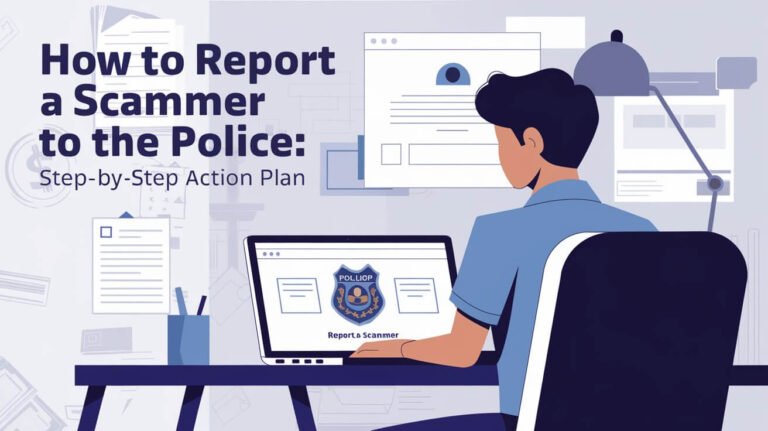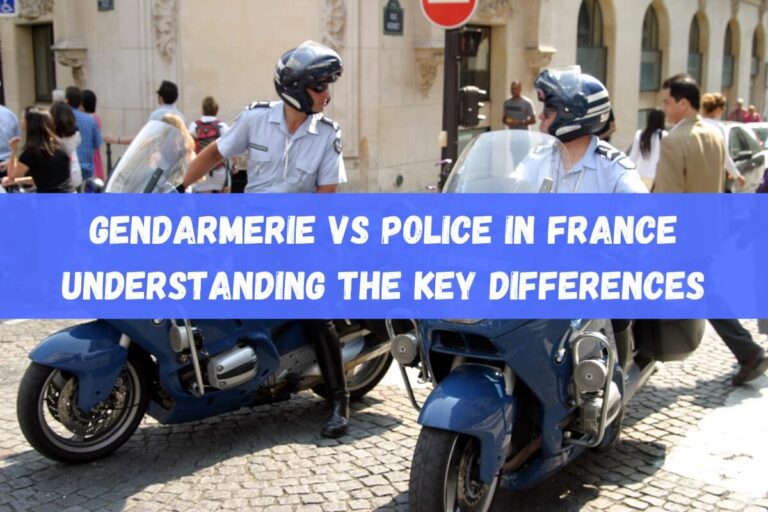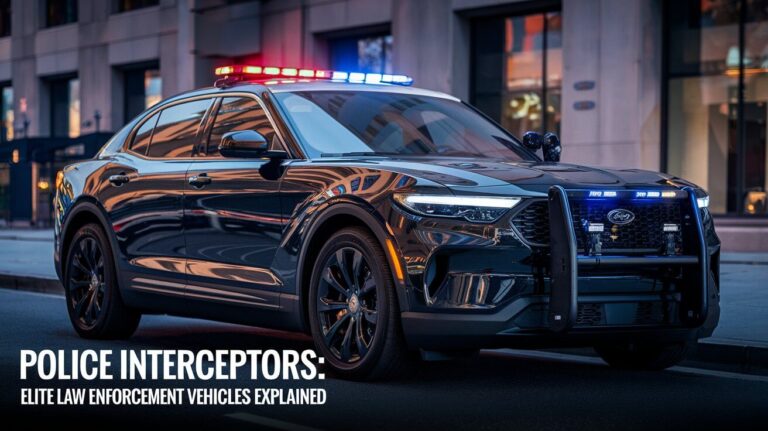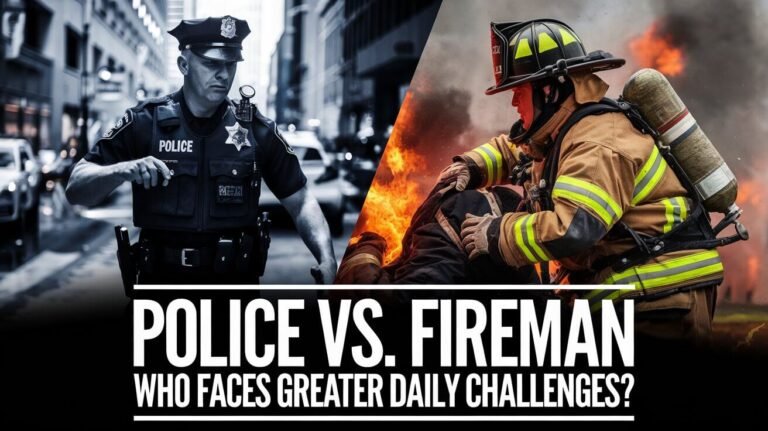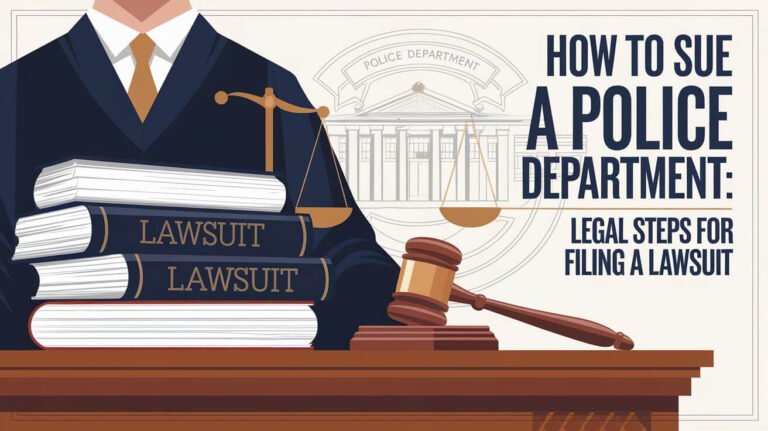What is Metro Police? An In-Depth Exploration
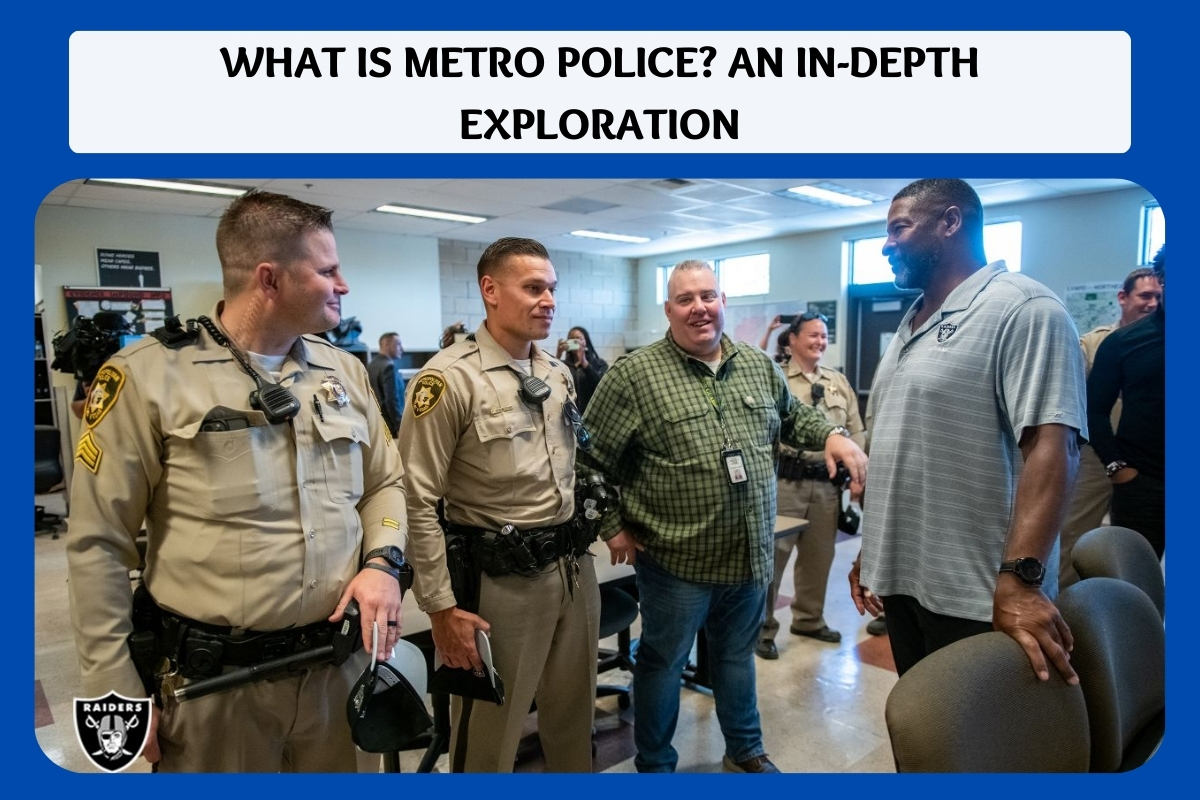
The term ‘metro police’ is common, but what does it mean? Let’s explore metropolitan law enforcement agencies, their duties, and how they differ from regular police.
Metro Police refers to law enforcement agencies serving major metropolitan areas or large cities, often going by names like Metropolitan Police Department or Metro Police Department. But there’s more to it than just the name – let’s explore the intricacies of metro police forces.
What Does “Metro” Mean in Law Enforcement?
The word “metro” is short for “metropolis,” which means a large, densely populated city or urban area. Metropolitan police departments are typically found in major cities or metropolitan regions with high population density and complex law enforcement needs.
Some well-known examples include:
- Las Vegas Metropolitan Police Department (LVMPD)
- Metropolitan Police Department of the District of Columbia (Washington D.C.)
- Houston Metropolitan Transit Authority Police Department (MTPD)
While many large cities have “Metropolitan” or “Metro” in their police department’s name, others may not, such as the New York City Police Department (NYPD) or the Los Angeles Police Department (LAPD). The term “metro” often signifies a specialized, elite unit within the larger police force.
Roles and Responsibilities of Metro Police
Metro police departments share many of the same responsibilities as regular municipal police forces, including:
- Responding to emergency calls
- Patrolling neighborhoods and communities
- Investigating crimes
- Enforcing laws and making arrests
- Providing security and traffic control for major events
Metro police departments have additional specialized units and broader jurisdictions due to the challenges of policing large cities.
Specialized Units
Many metro police departments have elite units dedicated to tasks like:
- SWAT (Special Weapons and Tactics): Highly trained teams that respond to high-risk situations, such as hostage scenarios or barricaded suspects.
- Counterterrorism: Units focused on preventing and responding to terrorist threats in major cities.
- Mounted Units: Officers on horseback used for crowd control, patrolling parks and trails, and ceremonial purposes.
- K-9 Units: Police dogs and handlers used for tracking, drug detection, and apprehending suspects.
These specialized teams require extensive training and equipment to handle the unique challenges of metropolitan policing.
Expanded Jurisdiction
In some cases, metro police agencies have jurisdiction that extends beyond the boundaries of a single city or county. For example, the Metropolitan Police Department of the District of Columbia has jurisdiction throughout the entirety of Washington D.C., while other agencies may cover multiple surrounding counties or regions.
This expanded jurisdiction allows metro police to more effectively coordinate law enforcement efforts and share resources across a larger geographic area.
How Metro Police Differ from Regular Police Departments
While metro police forces share many similarities with regular municipal police departments, there are a few key differences:
1. Size and Resources Metro police departments tend to be larger and have access to more resources due to the larger populations and tax bases they serve. This allows them to invest in specialized units, advanced training, and cutting-edge equipment.
2. Jurisdictional Boundaries As mentioned, metro police agencies may have jurisdiction that extends beyond a single city or county, giving them a broader reach and authority.
3. Elite Status In some cases, metro police units are considered elite or specialized divisions within a larger police force. For example, the LAPD’s Metropolitan Division is an elite unit responsible for tasks like SWAT operations, crowd control, and VIP protection.
4. Urban Focus Metro police agencies are specifically designed to address the unique challenges of policing large, densely populated urban areas. Their strategies, training, and operations are tailored to the complexities of metropolitan regions.
The differences between metro police and regular police departments show the specialized requirements of law enforcement in big cities.
The Role of Metro Police in Major Cities
Metro police forces play a crucial role in maintaining law and order, public safety, and emergency response capabilities in some of the world’s largest and most populous cities.
High-Profile Events and Dignitary Protection
Major cities often host high-profile events, such as political conventions, sporting events, concerts, and protests. Metro police departments are typically responsible for providing security, crowd control, and traffic management during these events.
Additionally, metro police agencies frequently handle dignitary protection details, ensuring the safety of visiting heads of state, government officials, and other VIPs.
Counterterrorism and Homeland Security
In the post-9/11 era, metro police departments have taken on an increasingly important role in counterterrorism and homeland security efforts. Many have dedicated counterterrorism units that work closely with federal agencies to identify and prevent potential threats.
Complex Investigations and Task Forces
The sheer size and diversity of major metropolitan areas often require metro police agencies to participate in complex, multi-jurisdictional investigations and task forces. These collaborative efforts allow law enforcement agencies to pool resources and expertise to tackle issues like organized crime, human trafficking, and large-scale drug operations.
Community Engagement and Outreach
Effective policing in major cities requires building trust and positive relationships with the communities served. Metro police departments frequently engage in community outreach programs, neighborhood watch initiatives, and youth mentorship efforts to strengthen these ties.
As cities continue to grow and evolve, the role of metro police agencies will become increasingly vital in ensuring public safety, addressing complex law enforcement challenges, and fostering a sense of security in densely populated urban areas.
Becoming a Metro Police Officer
For those interested in a career in law enforcement, becoming a metro police officer can be an attractive and rewarding path. However, the requirements and hiring process for metro police agencies are often more rigorous than those of regular municipal police departments.
Education and Training
Most metro police departments require applicants to have at least a high school diploma or GED, though many agencies prefer or require some college education. Candidates must also complete a police academy training program, which typically lasts several months and includes classroom instruction, physical training, and real-world scenario-based exercises.
Physical and Psychological Evaluations
Due to the demanding nature of the job, metro police agencies typically require applicants to pass a series of physical fitness tests, medical examinations, and psychological evaluations to ensure they are physically and mentally capable of performing the duties of a police officer.
Background Investigations
Comprehensive background investigations are a standard part of the hiring process for metro police departments. These investigations delve into an applicant’s personal history, employment records, credit history, and any potential criminal activity or drug use.
Specialized Training and Advancement
Once hired, metro police officers often have the opportunity to receive additional specialized training and advance into specialized units like SWAT, K-9, or counterterrorism teams. These opportunities for career growth and specialization are attractive to many aspiring law enforcement professionals.
Becoming a metro police officer is a challenging but rewarding career path for those committed to public service and protecting the communities of major metropolitan areas.
In Conclusion
Metro police agencies play a vital role in maintaining law and order, public safety, and emergency response capabilities in some of the world’s largest and most populous cities. While sharing many similarities with regular municipal police departments, metro police forces are often larger, better resourced, and equipped with specialized units to handle the unique challenges of metropolitan policing.
From SWAT teams and counterterrorism units to mounted officers and K-9 handlers, metro police agencies employ a wide range of specialized personnel and tactics to ensure the safety and security of the communities they serve.
As our cities continue to grow and evolve, the importance of highly trained, well-equipped metro police forces will only increase. By understanding the roles, responsibilities, and distinctions of metro police agencies, we can better appreciate the critical work they perform in protecting and serving the residents of major metropolitan areas.


